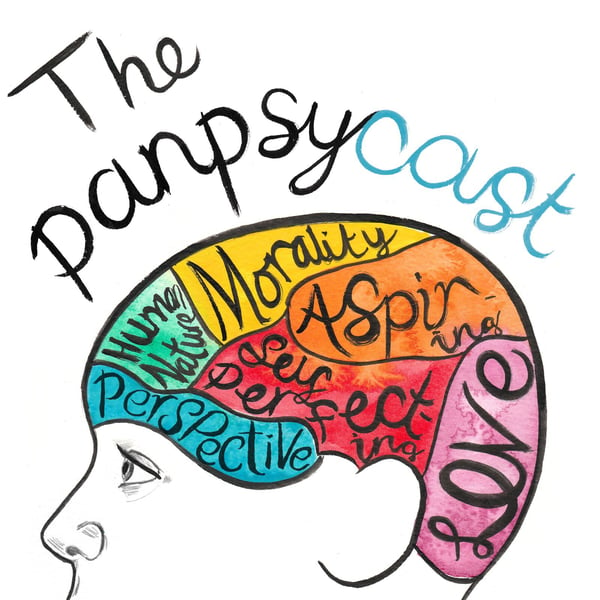Episode 64, 'The Given - Experience and its Content' with Michelle Montague (Part II - Further Analysis and Discussion)
The Panpsycast Philosophy Podcast
Jack Symes | Andrew Horton, Oliver Marley, and Rose de Castellane
4.8 • 604 Ratings
🗓️ 11 August 2019
⏱️ 31 minutes
🧾️ Download transcript
Summary
Michelle Montague is Associate Professor of Philosophy at the University of Texas at Austin. As well as publishing extensively in phenomenology and philosophy of mind, Michelle is also the author of Non-Propositional Intentionality, Cognitive Phenomenology, and our focus for this episode, her 2016 book, The Given: Experience and its Content.
This episode is all about what some philosophers have called ‘the given’, that is, what is given to us in our immediate experience. From Aristotle to Hume, philosophers have tried to account for the categories, types, and distinctions within the mind. Michelle’s work continues in this tradition, however it takes a new and exciting turn away from the orthodox positions in philosophy of mind - she thinks that phenomenology comes first, that phenomenology is responsible for our mind’s ability to represent the world, and that there are many more types of phenomenology than we’ve currently admitted.
Transcript
Click on a timestamp to play from that location
| 0:00.0 | Pan |
| 0:02.0 | PAN |
| 0:03.0 | Psygast |
| 0:05.0 | Part 2, further analysis and discussion. |
| 0:23.4 | So the first question, Michelle, is, and this is, you know, |
| 0:27.4 | Ollie mentioned something just a moment ago, |
| 0:29.2 | was one of the main examples for, I mean, arguments for cognitive phenomenology are, |
| 0:34.9 | like you're going, oh, well, here's a child, and they just see squiggles on a page, |
| 0:38.4 | and then from the time they're aged one till the time they're age 21, you know, something happens |
| 0:44.0 | there. The squiggles on the page become imbued with meaning, such that if there were only ever |
| 0:50.8 | squiggles, we couldn't, and to have to have cognitive thoughts was just to rehearse those |
| 0:55.5 | squiggles through one's mind. There really wouldn't be any meaning. There has to be this |
| 1:00.5 | imbument going on there. But I guess, you know, some of our listeners might go, well, how did, |
| 1:06.5 | how did that happen? What's the story that gets told there? So Hume thinks, when I see a bunch |
| 1:11.9 | of red things in my mind, then I have an idea. I get an impression of red and now I have an |
| 1:17.5 | idea of red. And that's all it is to have the red concept. And I guess maybe that's how he says |
| 1:22.2 | we come about to acquire concepts. Do you have any thoughts about how we acquire concepts? |
| 1:27.3 | What's the difference |
| 1:28.0 | between the one-year-old and the 21-year-old? |
| 1:30.6 | My view about cognitive phenomenology, I don't really advance a theory of concept acquisition. |
| 1:37.7 | It's a very difficult project. And one question for Hume just immediately is, |
| 1:43.3 | you might think that that kind of story works fine for Red, but what about the concept of justice? |
... |
Please login to see the full transcript.
Disclaimer: The podcast and artwork embedded on this page are from Jack Symes | Andrew Horton, Oliver Marley, and Rose de Castellane, and are the property of its owner and not affiliated with or endorsed by Tapesearch.
Generated transcripts are the property of Jack Symes | Andrew Horton, Oliver Marley, and Rose de Castellane and are distributed freely under the Fair Use doctrine. Transcripts generated by Tapesearch are not guaranteed to be accurate.
Copyright © Tapesearch 2025.

